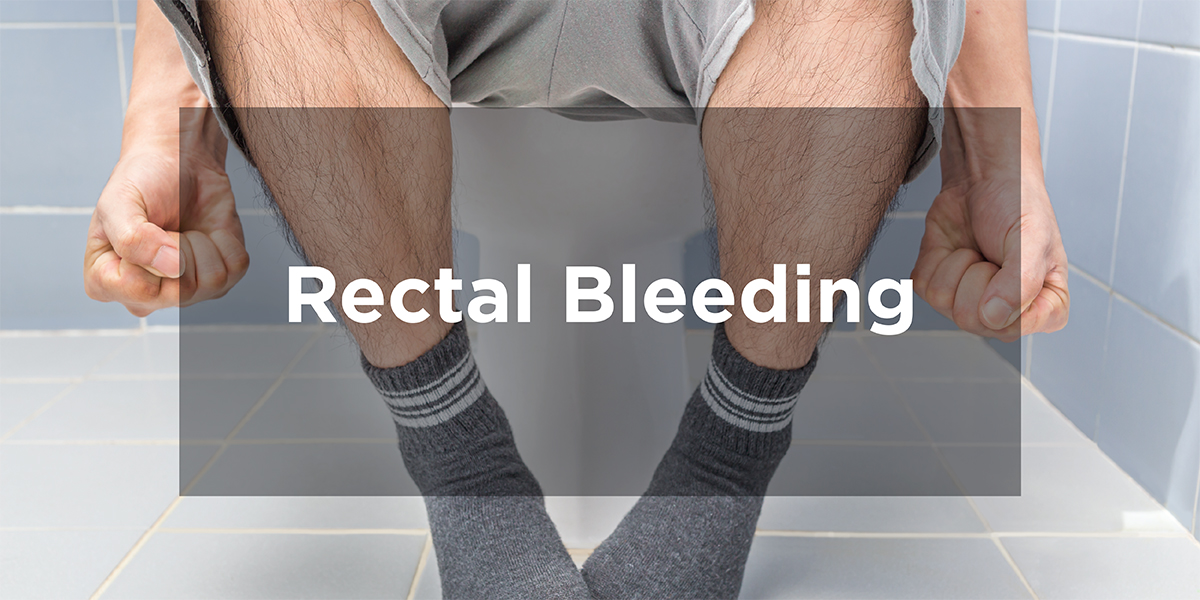
There is a possibility of hemorrhoid if you passed stools with blood. However, the blood could be a warning sign of other diseases that may begin with bloody stools. It is more serious than hemorrhoids. It may be a tumor, anal fissures or cancer of the distal colon and symptoms maybe similar. Therefore, don’t hesitate to consult a specialist when you have these symptoms in order to treat the disease in early stage and get a proper diagnosis.
Hemorrhoids
are swollen veins in the anus and lower rectum. The veins around the anus tend to stretch under pressure, causing bulge or swelling.
Hemorrhoids might develop in different locations at the same time. Classified by locations, there are 2 types of hemorrhoids:
Internal hemorrhoids
Internal hemorrhoids lie inside the rectum which located above the pectinate line and are covered with cells that are the same as those that line the rest of the intestines. Internal hemorrhoids cannot be typically seen or felt.
External hemorrhoids
External hemorrhoids are hemorrhoids that affect veins outside the anus. External hemorrhoids arise below the pectinate line and are covered with cells that resemble skin which are typically slightly less pink than the surrounding skin. External bulges can be seen and touched around the anal area.
Generally, hemorrhoids are responsible for holding stools and providing sensation around the anus. Hemorrhoids themselves can be a source of unwanted health problems. However, if there is increased pressure around the anus This can be caused by constipation, diarrhea, sitting on the toilet for a long time, lifting heavy objects, or being pregnant.
Hemorrhoids can be treated both surgical and non-surgical methods depending on the recommendation or the specialist doctor.
Anal Fissures
An anal fissure is a tear in the lining of the anus or anal canal (the opening through which stool passes out of the body). The fissure can be painful and may bleed.
Rectal cancer
develops when cancer cells form in the rectum, which is part of your large intestine. Rectal cancer affects both men and women, though men are slightly more likely to develop the disease. In most cases, people diagnosed with the disease are over the age of 50.
Rectal cancer symptoms may include:
- Rectal bleeding.
- Blood in your stool (poop).
- Diarrhea.
- Constipation.
- A sudden change in your bowel habits.
- Narrow stool.
- Tiredness.
- Weakness.
- Abdominal pain.
- Unexplained weight loss.
Source: https://my.clevelandclinic.org/health/diseases/21733-rectal-cancer






